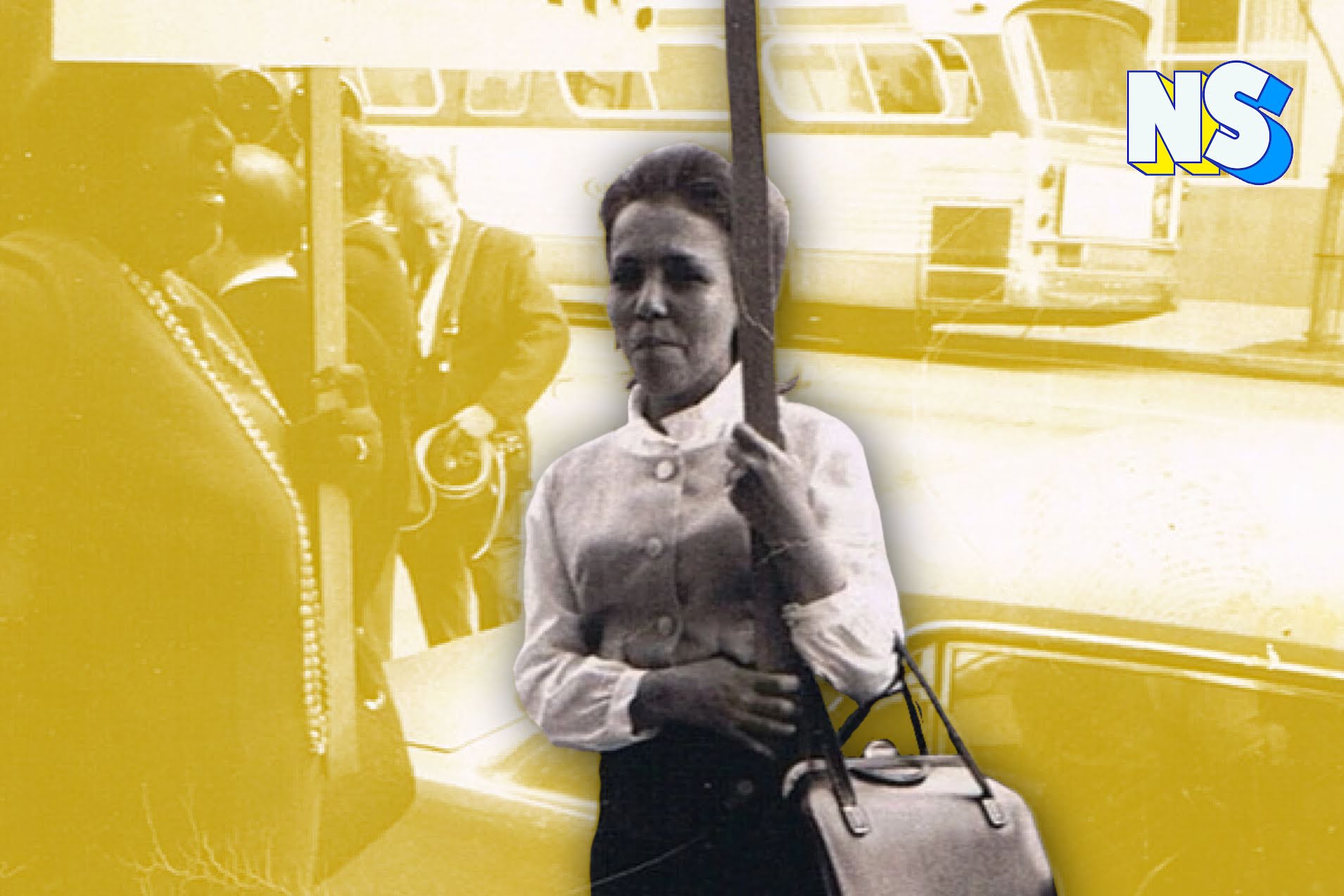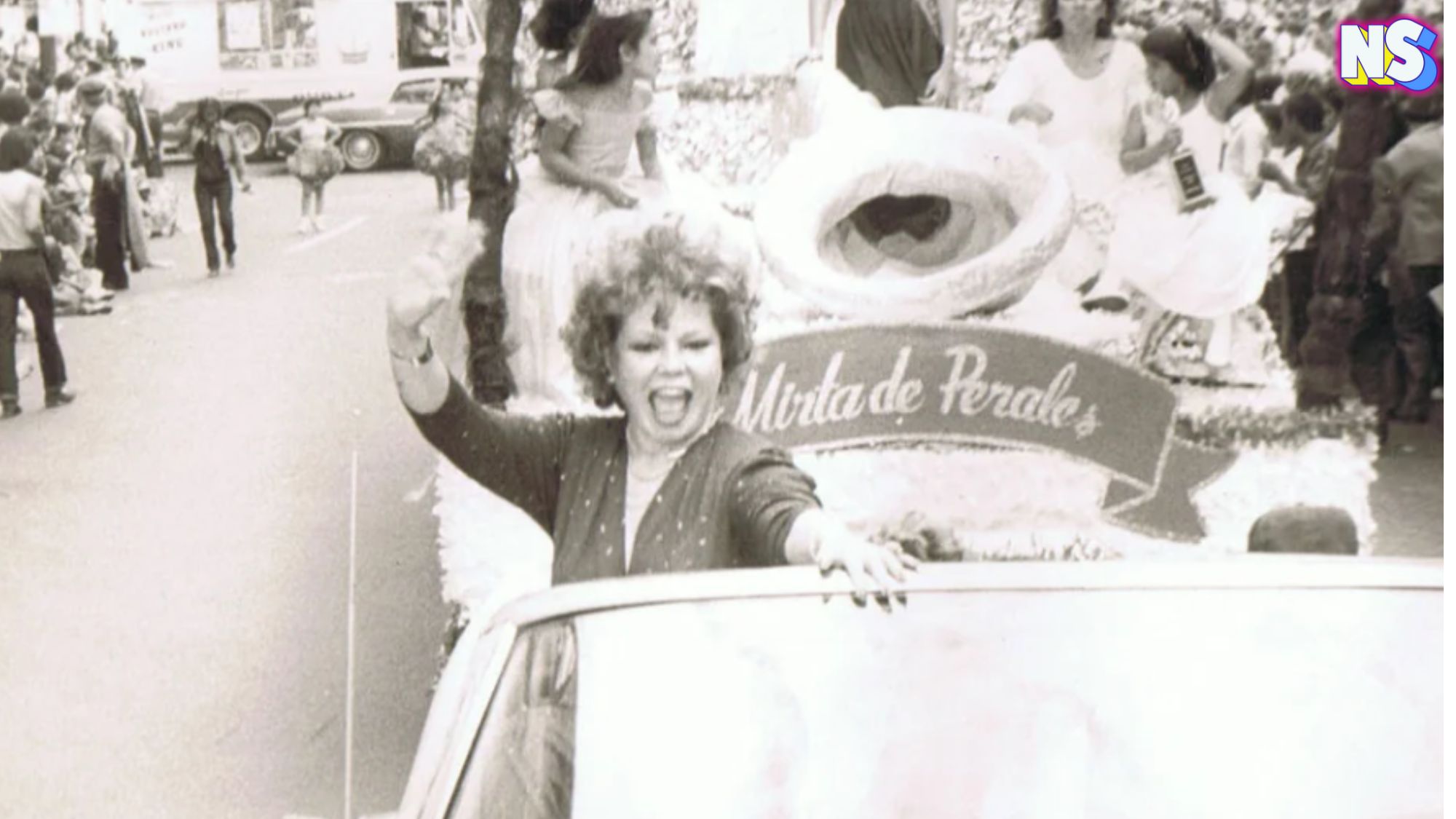Credit: Nuestro Stories
Alicia Escalante is not a household name, but it should be. Admittedly, she might not be as well known as Latina labor leader Dolores Huerta or American feminist Gloria Steinem. Still, Escalante deserves a place in history as one of her time’s most important Chicana grassroots activists. She led the fight for justice and dignity, especially for less fortunate women of color, during the explosive 1960s.
A woman’s power should never be underestimated; this was Escalante’s motto. She developed a grassroots Chicana feminism that fought for economic justice and social dignity that transcended the Latino community. It embraced all marginalized, single mothers and women who suffered abandonment.
She gave these women – so many invisible to the rest of society – a powerful voice.
Who was Alicia Escalante?
Escalante was born in El Paso, Texas, in 1933, when Mexican-Americans suffered extreme racism and discrimination. The oldest of seven children, her upbringing was hard. Escalante’s mother left an abusive husband.
At only 12 years of age, Escalante ran away searching for her mother, reuniting with her in East Los Angeles. The family barely survived with meager assistance from welfare.
As she wrote later, “welfare seems to be just a way of easing society’s conscience.”
Escalante found herself in her mother’s predicament: fighting to support five children alone. Her only recourse was welfare. But unfortunately, she again learned firsthand how punitive the system was, especially to single mothers of color.
She witnessed the mistreatment of women, especially African-Americans and Latinas, who depended on welfare “through no fault of their own.” She saw the hidden hunger of the poor and how the welfare system was a political football where the poor get poorer, and the rich get richer.
She decided to fight back.
The Birth ELAWRO
She became a leading activist in the Chicano Movement and founded the East Los Angeles Welfare Rights Organization (ELAWRO) in 1967. She organized community meetings for poor women to educate them about their rights and direct advocacy. In addition, she fought against police brutality and the Vietnam War.
In 1968, she was jailed while protesting the firing of teacher Sal Castro. Castro supported walkouts by students in East L.A. Escalante also created a bilingual newspaper – La Causa De Los Pobres (The Cause of the Poor) – when she realized her writing was a way to create movement. Escalante fought to change Welfare policies on the state and national level and raised her voice and pen against the sterilization of women of color.
Escalante understood that to fight for economic justice and self-respect, you had to fight racism, classism, and sexism. However, the question she kept on asking was: “Are you willing to settle for those crumbs on the table? I am not. That’s the symbol of the Chicano Movement, all over.”
In 2009, the National Chicano Moratorium Committee recognized her work. Escalante has donated her papers to the California Ethnic and Multicultural Archives. Her name must be front and center in the pantheon of fierce Latina fighters.
Escalante proved that not all heroes wear capes.
https://nuestrostories.com/wp-content/uploads/2022/06/Susanne-182×250.jpeg





